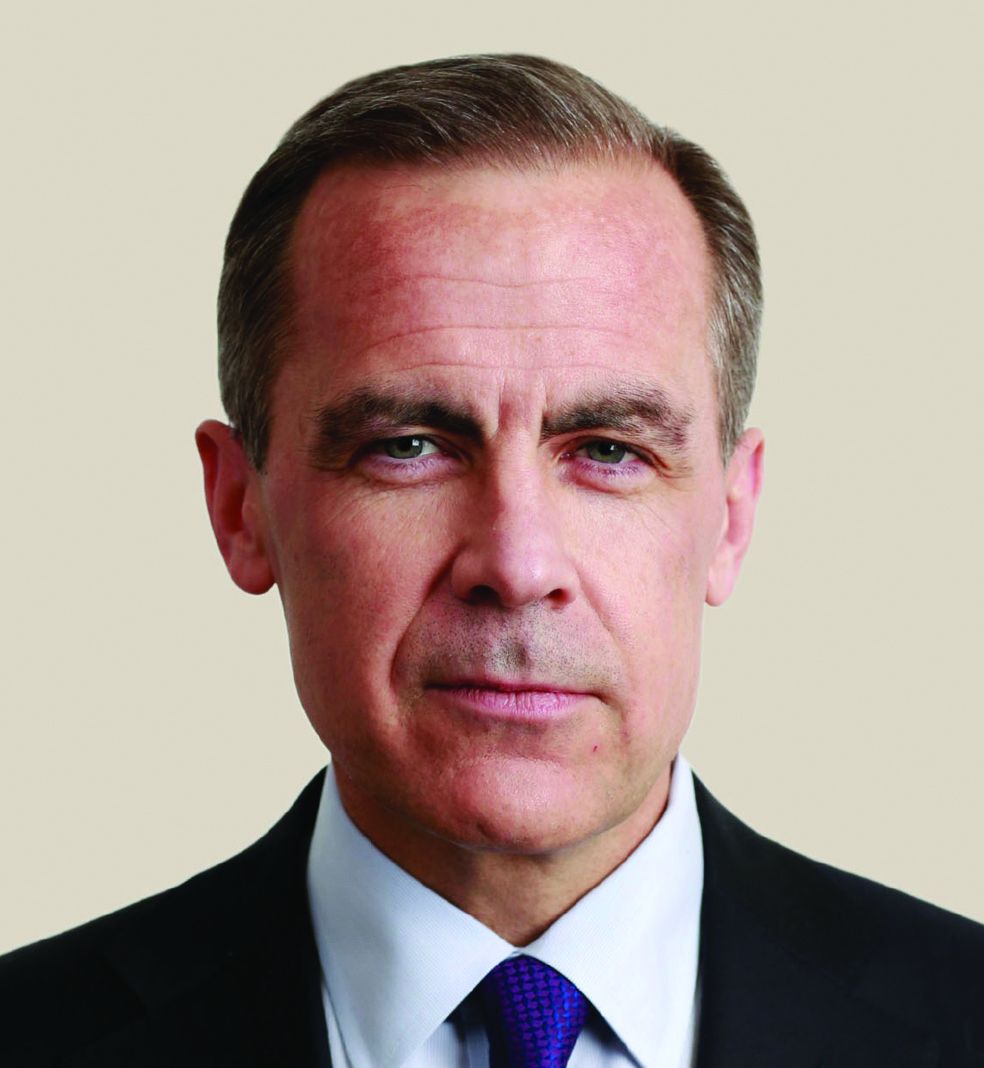Companies’ pre-Covid strategies are unlikely to be sufficient with net-zero emissions plans becoming standard for large companies by next year’s UN Climate Change Conference, according to UN special envoy for climate action and finance Mark Carney.
Giving a speech Green Horizon Summit this week, Carney said the COP26 Private Finance Strategy to Drive Whole Economy Transition, which was also published this week, is centred around four main areas; reporting, risk management, returns and the mobilisation of private capital, all of which will be key to how shape how corporates approach and disclose their sustainable transitions.
“Companies need to report systematically their climate-related financial risks and auditors need to provide assurance on how companies take the impact of climate change into account,” Carney said, calling the Task Force on Climate-related Financial Disclosures, which the UK recently mandated, the “bedrock of this approach”.
He said regulators such as the Financial Conduct Authority (FCA), which recently completed a consultation on comply-or-explain disclosure obligations for premium listed companies, are also pushing for increased reporting and disclosure.
Carney noted the progress made by banks and authorities on assessing risk, but said more needs to be done. “For Glasgow COP26, we’re calling on more firms to use the NGFS scenarios in their climate risk management, more central banks to conduct climate stress tests, and to develop and disclose their management of climate risks on their balance sheets.
“And in order to build expertise and embed the management of climate risk like any other financial risk, we encourage authorities to make clear their expectations of companies and financial firms approach to climate risk management.”
Transition plans will be critical to ensuring financial returns from climate change solutions. “Transition plans will reveal the leaders and laggards on the road to Glasgow,” Carney said. “Rather than have authorities be overly prescriptive on plans, it may be desirable for investors to have a ‘say on transition’ – an automatic annual advisory vote on transition plans just as they have on pay.”
Finally, Carney pointed out the most critical investment will take place in emerging and developing economies, where potentially three quarters of the $3.5trn annual infrastructure investment is required over the next three decades.
“For this to happen, we need to turn billions of public capital into trillions of private capital,” he said.
Carney said this will emerge through Scope 3 transition plans, investing to mitigate physical risk, the new Global Investors for Sustainable Development platform, and the creation of new markets.








